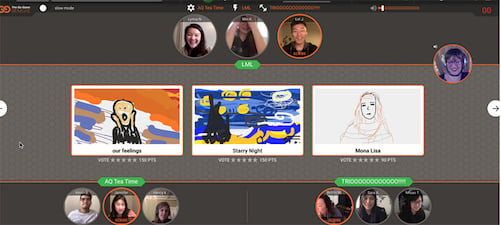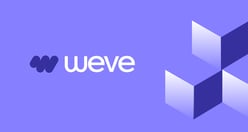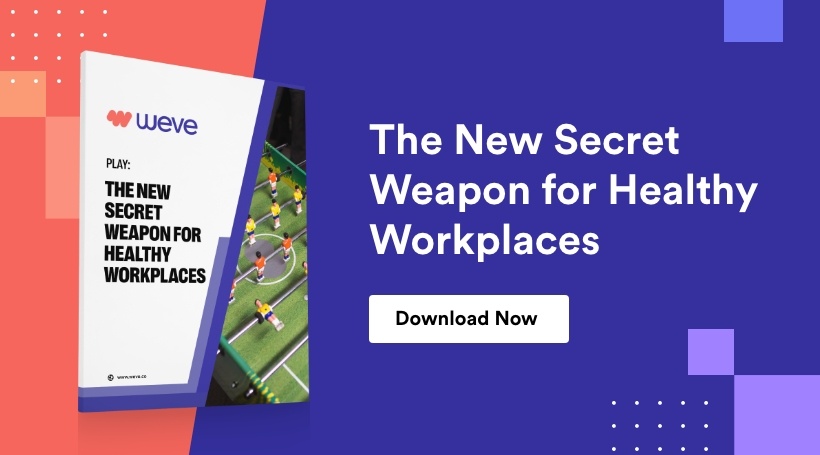SIGN UP FOR A
FREE GAME SHOW DEMO
Every Tuesday 11:00AM Pacific Time our world-class hosts put on a next level game show and Q&A session for you to try before you buy.
The hiring process is an investment in time and money, so it’s important to use the process in the best way to attract and hire the best candidates. Resume review is an easy way to quickly understand someone’s past work experience and if they have the minimum skills to do a job. Interviews are a good way to learn about someone’s personality and dig deeper into how a candidate’s skills might align with the role and company at large. In an interview, the interviewer is also able to learn about the candidate’s personality. But, there’s a better way to hire for culture fit than through resumes and interviews. Game play during the recruitment process can show whether or not a candidate will be a good culture fit for your company. If you’ve been wondering, how can I make recruitment fun, including games in your hiring process is a great way to be both fun and efficient. It may be unexpected, but games help companies hire for culture fit.

To understand the goal of hiring a fit for your company’s culture, it is important to first understand what company culture is. Every company has a different culture which is, in essence, its personality. Like any person, a company culture can have a laid back or uptight personality, be flexible or strict, or positive or negative. And just like any person, different kinds of companies attract and deter different kinds of people.
Company culture includes many aspects. A few examples of what makes up company culture are your team values, how you treat your employees, the work environment, and your company’s mission, values, and ethics. It may include the layout of the office which might be cubicles or open-office plans. The time people clock in and the time they leave the office are a part of your company culture. Does everyone work through dinner? That’s a part of your culture. Is there a workplace uniform? That’s part of your company culture, too. Your company culture also encompasses how your workers feel about the company, including their negative or positive experiences. When someone shares what it is like to work at your company, they will describe the company culture—which is also your reputation. In a strong company culture, morale is high, and employees are engaged, productive, and empowered.
When you are adding a new person or group of people to your team, it’s important to consider how they may fit in with the existing culture. Do they like to wear jeans to work while you require a suit and jacket? Did they expect to have unlimited time off while you have a strict two week PTO limit? Are they very serious while your team interacts pretty casually? Do you expect people to clock in at 9:00 but they work better later in the day? Do they want to work totally remotely while your team has transitioned back into the office? All of these things may signal a difference in cultural fit, so take them into account when hiring for culture.

Hiring and replacing employees who leave a company is expensive. It costs recruiters and current employees’ time and money. So it’s important to hire the right people who will stay with your company for a long time and be positive and proactive employees. On the other side of things, employees are more likely to be happy in a place where they can find meaning and purpose which leads to higher job satisfaction and overall well being. Focusing on hiring for culture fit from the start ensures that neither an employer or candidate wastes time and is confused about the expectations of a job and workplace. In an interview, candidates can ask and hirers can answer questions such as “How do you describe your company culture?” but to see if someone may be a great fit for that company culture, more personal interaction, like games, helps.
While the hiring process is serious, there is a way to make it fun while still gathering helpful information. Use gamification to add aspects of play into experiences which are usually non-game environments, like hiring and recruiting. Playing a game with someone is a quick way to gauge how someone deals with obstacles, thinks creatively, uses their critical thinking skills, works with others, shares the spotlight, and handles defeat. There’s a reason that you made friends with some people at recess and avoided the sore losers of the playground—their true personalities came out.
Another benefit of incorporating play when you hire for culture is that it gives you an opportunity to include current employees in the hiring process. This allows you to see how a candidate interacts with an existing team and also allows more people to provide feedback about potential fit. Plus, it’s always nice to give your employees time to play and bond as a team. When it comes to company culture, it’s important to also maintain a strong culture for existing employees.
It’s also important to consider this from the perspective of a person doing the hiring. Traditional interviews get boring and draining and are often repetitive. (Really, how many times can you ask, “Tell me about an obstacle you faced in your last job?” and stay interested?) Plus when recruiters are doing a lot of hiring, it might be hard to track so many interviewees. Gamification keeps hiring fresh and fun for human resources, recruiters, and department leads, or whoever is doing the hiring.

A game based interview gives you information you would not usually get in a traditional interview. Consider “normal” interview questions: Tell me about yourself. What are your greatest strengths and weaknesses? Why did you choose this career? These questions give you some insight into someone’s experience but not always their personality.
You don’t have to get too complicated or sophisticated when hiring for culture. Think about your favorite elementary school games that taught you how to share or play well with others. Can they keep their cool in a game of charades or take on a leadership role to guide a team to victory in an escape room? You’ll never know if you don’t add games to your hiring process.
 Simple games like Pictionary allow you to assess someone’s collaboration skills. Brain teasers help showcase how they problem solve and think critically. A lip sync challenge informs you how seriously someone takes themselves and if they’re willing to step out of their comfort zone. A round of classic trivia showcases someone’s passions. Maybe they know everything about sports and will fit in well with your company's softball league or maybe they know none of the answers but keep a positive and fun attitude nevertheless.
Simple games like Pictionary allow you to assess someone’s collaboration skills. Brain teasers help showcase how they problem solve and think critically. A lip sync challenge informs you how seriously someone takes themselves and if they’re willing to step out of their comfort zone. A round of classic trivia showcases someone’s passions. Maybe they know everything about sports and will fit in well with your company's softball league or maybe they know none of the answers but keep a positive and fun attitude nevertheless.
Gamification in the hiring process and game-based assessments are perfect for hiring remotely. More than ever, teams are working remotely and hiring candidates without ever meeting applicants in person. It can be hard to gauge personality over a screen. Games can help showcase the personalities of both the company, current teammates, and the interviewee.
If you decide to move forward with a candidate when you hire for culture, you can continue to use games for the next steps in the hiring process—such as onboarding. Like the hiring process, onboarding becomes much more fun and engaging when it’s gamified. You can create trivia games to help new employees learn and retain information about company policies, other team members, company culture, workplace perks, and more. Creating games that can be used over and over again is a great way to train and onboard many recruits at one time. Schedule new games whenever you have a new hire, and update them when information changes to keep your company culture content current.


Wondering, how can I make recruitment fun? Use play to connect with your candidates and build your company culture from the start.
Book your next hiring event for in-person or remote teams at weve.co and sign up for a demo now.

To book, please select the experience you're looking to schedule first
Select ExperienceEvery Tuesday 11:00AM Pacific Time our world-class hosts put on a next level game show and Q&A session for you to try before you buy.